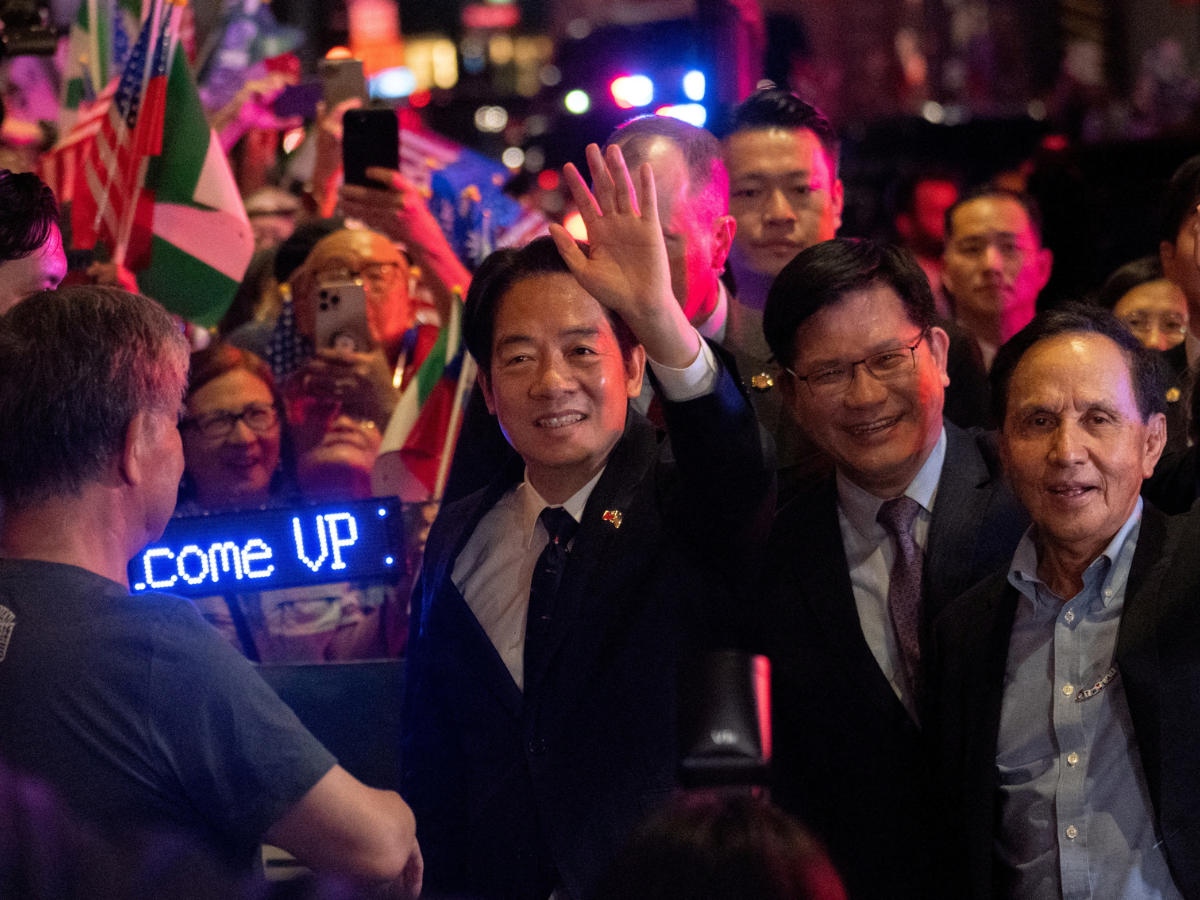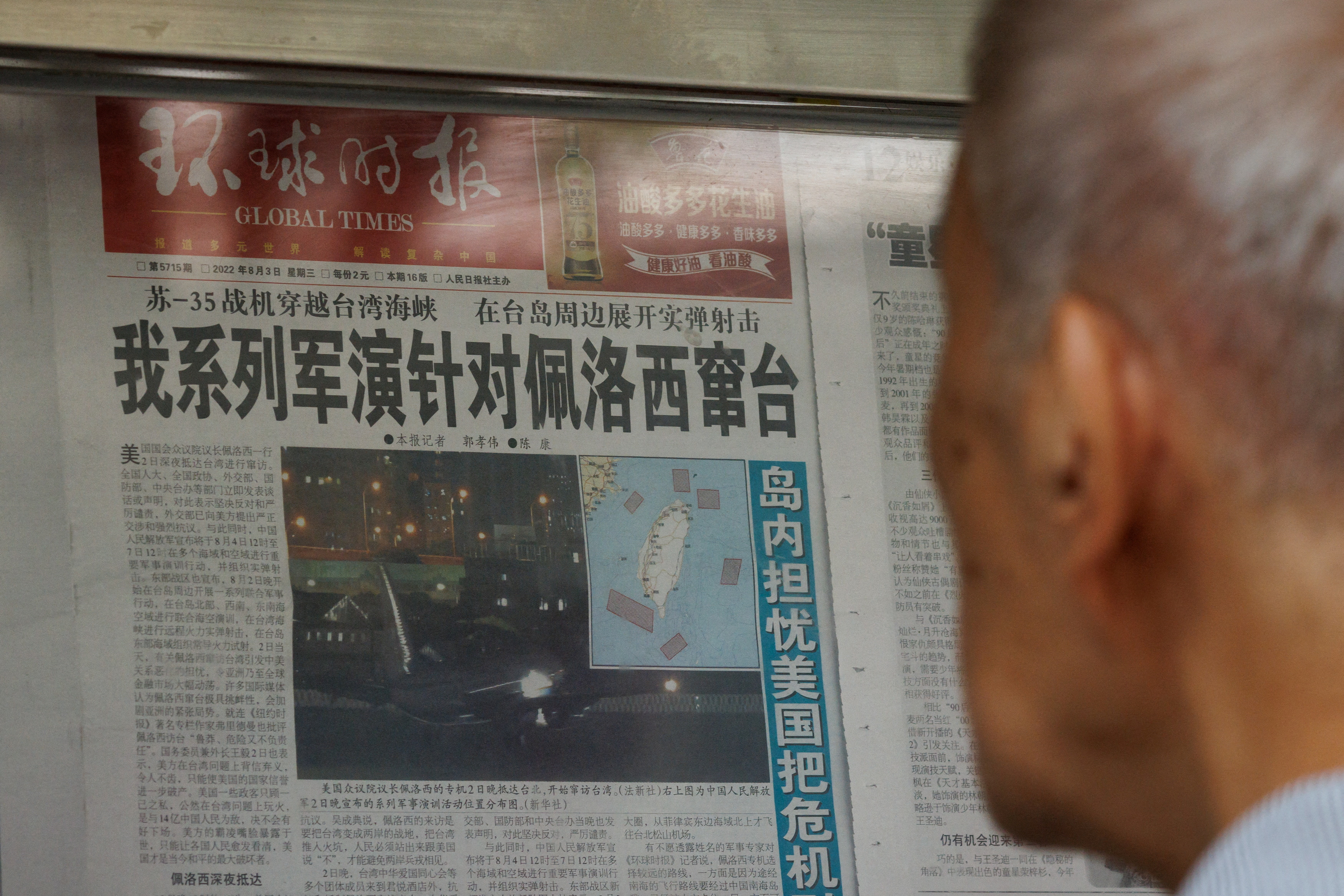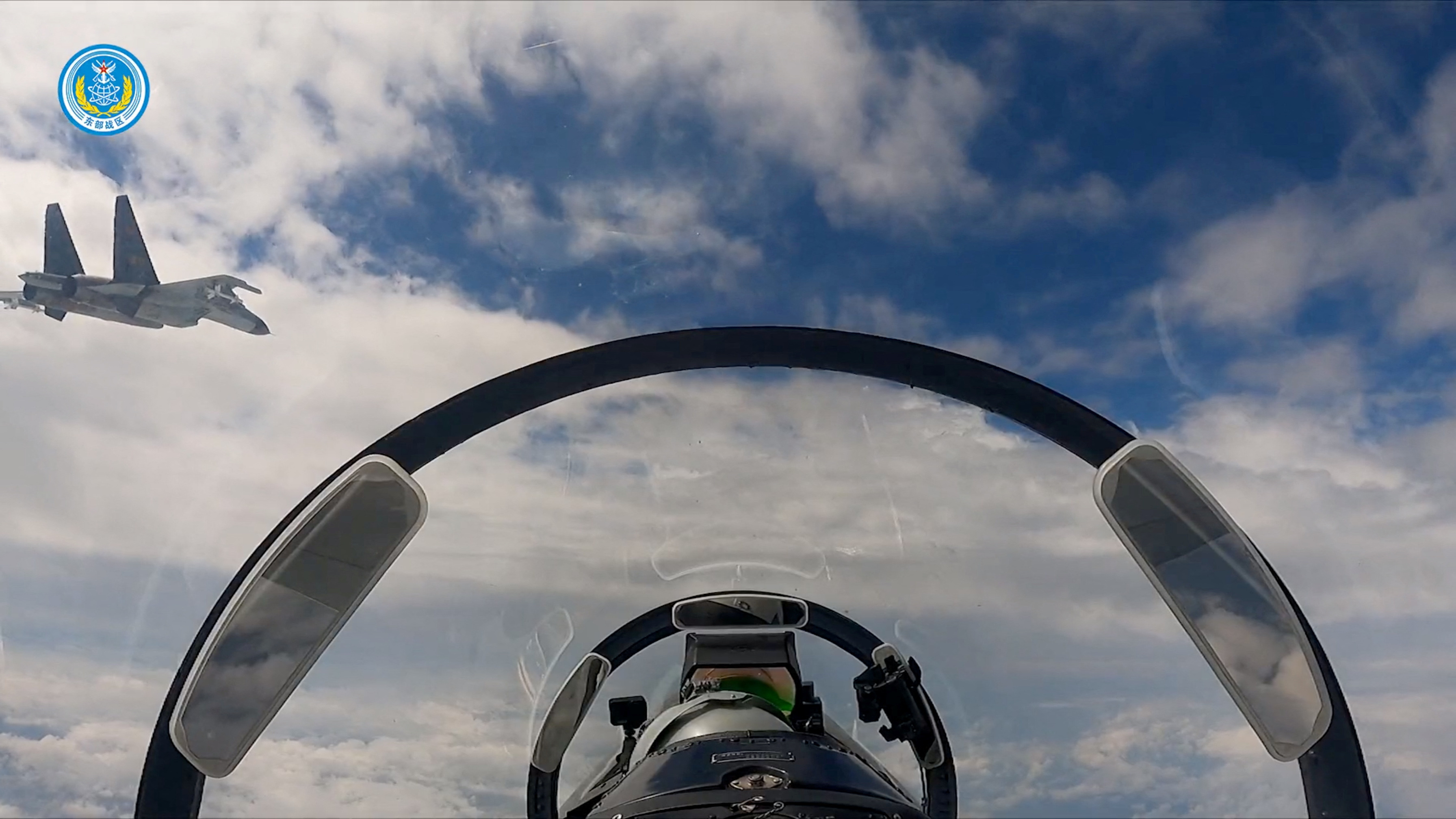China has condemned Taiwanese Vice President William Lai’s recent visit to the United States, calling it a “provocative act” that the Communist party-led country said pushed the island into a “dangerous situation”. Lai, the front-runner to become Taiwan’s president in the upcoming January polls, returned from the United States on Friday. He officially made only stopovers on his way to and from Paraguay but gave speeches while in the US.
In a swift response, the Chinese People’s Liberation Army (PLA) conducted joint naval and air combat team readiness patrols around the island. On Sunday morning, Taiwan’s defence ministry said that 25 Chinese air force planes had crossed the Taiwan Strait’s median line in the past 24 hours when China carried out military drills around the island.
Beijing views democratically governed Taiwan as its own territory, despite the strong objections of the island’s government. In response to Saturday’s drills, the US State Department urged China “to cease its military, diplomatic and economic pressure against Taiwan and instead engage in meaningful dialogue.
What the Taiwanese VP said
According to Taiwan’s frontrunner candidate Lai, the upcoming election is a choice between “democracy or autocracy". In an interview aired the same weekend China launched military drills around the island, he said in an interview with a Taiwanese TV station done while he was in the United States that Taiwan cannot accept the “One China" principle.
“If we accept the ‘One China’ principle, we might get some short-term ease but when one day China changes its face, we don’t have our sovereignty and the international community can’t help us," the vice president said in the interview that aired late Saturday. “It would become a civil war and the international community could not help us, just like it’s very hard for the international community to help Hong Kong and Macau," he said. “Sovereignty matters the most."
Nancy Pelosi Row
Last year, Beijing launched massive military exercises after Nancy Pelosi, then-speaker of the US House of Representatives, visited Taiwan, despite a warning from Xi Jinping’s China.
Pelosi’s visit to Taiwan last August was the first by a U.S. House Speaker since 1997. The visit was seen as a sign of US support for Taiwan, which China claims as its own territory and threatens to overtake forcefully.
Ever since Pelosi’s visit, Beijing has been flying more and more military aircraft into Taiwan’s airspace and has also been conducting military exercises near the democratic island.
But Why China Opposes Taiwan-US Visit?
China opposes high-level visits between the US and Taiwan due to its “One China" policy, asserting Taiwan as part of its territory. Beijing considers such interactions a challenge to its sovereignty and a policy violation.
The “One China" policy has been often described as intricate and disputed. The US doesn’t formally recognise Taiwan’s sovereignty but maintains unofficial relations and supports its defense capability.
While historically backing Taipei, Washington seeks to prevent provoking Beijing. According to experts, balancing these goals will remain a significant challenge for the United States and other Western policymakers.



